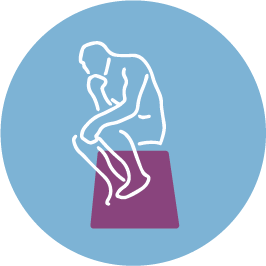
From a very early age onwards I have been inspired and motivated to contribute to the elimination of inequality, poverty and injustice. My upbringing in a Catholic environment in a small open and rich European country (the Netherlands) has undoubtedly been of influence to that life-long passion. My active background as a sports professional (tennis player and coach), has furthermore contributed to a life-long inclination to take a creative, often playful, approach to many of these issues. And… to try to combine research, teaching and activism for a ‘better world’.
- The Importance of a Multi-Dimensional Approach
- Actor Perspective
- Creating Positive Change Through Collaboration and Activation
- Four Key Projects
The Importance of a Multi-Dimensional Approach
We live in exciting times. With the fall of the Berlin Wall in 1989 and the rise and decline of ‘globalization’, the world is faced with a rapid change process with uncertain outcomes. Are we going the right or the wrong way? And: what to do about that as an individual, scholar, teacher, as leader, coach or entrepreneur? Who can and should take responsibility?
In the past thirty years, I have been very privileged to be able to approach these fundamental questions from a variety of angles: (1) technological change, (2) political and institutional change, (3) economic change, (4) social change, embedded in (5) major global change processes. I have always tried to look at developments in an interdisciplinary and transdisciplinary manner; as much as possible from a ‘multi-level’ and a ‘problem-oriented’ perspective: combining micro-, meso-, and macro perspectives of major societal challenges. From the very personal (skills, leadership and coaching) to the extreme global (political economic systems and governance). Research, teaching and management are in this approach organically connected. A university environment, thus, potentially provides an ideal ‘ecosystem’ to combine these ambitions. My triple training as a political scientist (international relations), a (development) economist and a (sports) teacher shaped my perspective on many of these issues.
I never was satisfied with embracing only one theory or one particular method. I adopt the principle of ‘triangulation’ – which boils down to eclectically choosing those approaches and methods that seem most appropriate to understand a problem. I am a theoretical ‘omnivore’ and problem-driven. I combine qualitative and quantitative insights wherever useful, from the philosophy ‘what I want to know I (often) cannot measure, what I can measure, I (not necessarily) want to know.” I have been called a ‘genius taxonomer’ – a title I carry with pride.

Actor Perspective
Throughout all these years, I have been increasingly – never exclusively – focussing on the actors that I deem most important in shaping the future of the world: Multinational Enterprises. I also call them alternately ‘core companies’, ‘leader companies’ or ‘focal’ companies. This has a twofold reason. In my view Multinationals combine two – often conflicting – identities:
- they can be ‘agents of change’ due to their size, innovative capacities and willingness to take risk which makes them potential forces for ‘positive change’’
- but at the same time they can also be ‘agents of stagnation’ due to their power, their vested interests in old ways of doing, which makes them also forces for ‘negative change’
The challenge in my work is to help positive change processes materialize in a world that is increasingly VUCA (Volatile, Uncertain, Complex and Ambiguous). I use theoretical insights, but always try to make them practical and actor specific. This is why I have always been combining academic activities (including a sizable output in publications) and practical engagement (resulting in many projects with practitioners around the world). I am committed to action research, from the premise that really complex problems cannot be solved with traditional methods or as a planning exercise. Real insights largely develop by real-life experimentation and learning-by-doing (and documenting these processes).
Creating Positive Change Through Collaboration and Activation
This has never been an easy task, but over the years I have been fortunate also that the Rotterdam School of Management (RSM) has increasingly embraced societal engagement as a core value. The recent embrace of the Sustainable Development Goals (SDGs) by RSM has strengthened me in my persistence to combine scientific rigor and personal curiosity with societal relevance. My ambition for the period until 2030 is to help speed-up progress in the implementation of the SDGs. They are wicked in nature, but also set a pragmatic agenda for the medium-term future. Positive change is possible, provided Multinationals embrace the SDGs in a transformative manner – instead of the relatively conservative manner that until now has materialized since 2015. Work in and on progress!
In the 3d edition of the skill Sheets formula, I have fine-tuned my learning and research philosophy. The basic challenge lies in what is called the ‘activation trinity’– how to combine ‘head’, ‘heart’ and ‘hands’. Rephrased in ‘intelligence’ terms: combining general intelligence (IQ) with emotional intelligence (EQ) and practical intelligence (PQ). I have come to realise that this challenge basically presents a paradox: “how to use the warmth of my heart to keep my head cool and my hands productive.” A vision I shared with a number of influential philosophers around the world (and for which we even planted a tree on campus in 2014!). The paradox can only be resolved, however, by creating societal purpose: Societal Intelligence (SQ). For me this purpose is best defined by the SDGs. By linking up to the global goals agenda, my personal purpose can align with the purpose of many others in society (governments, civil society, companies and academy).
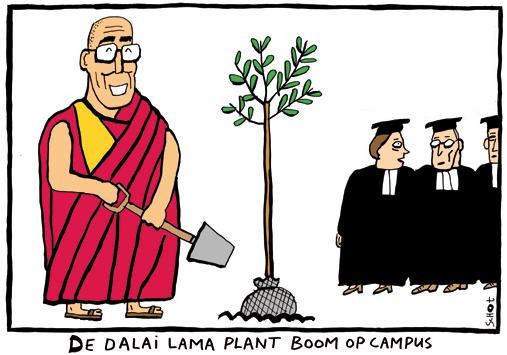
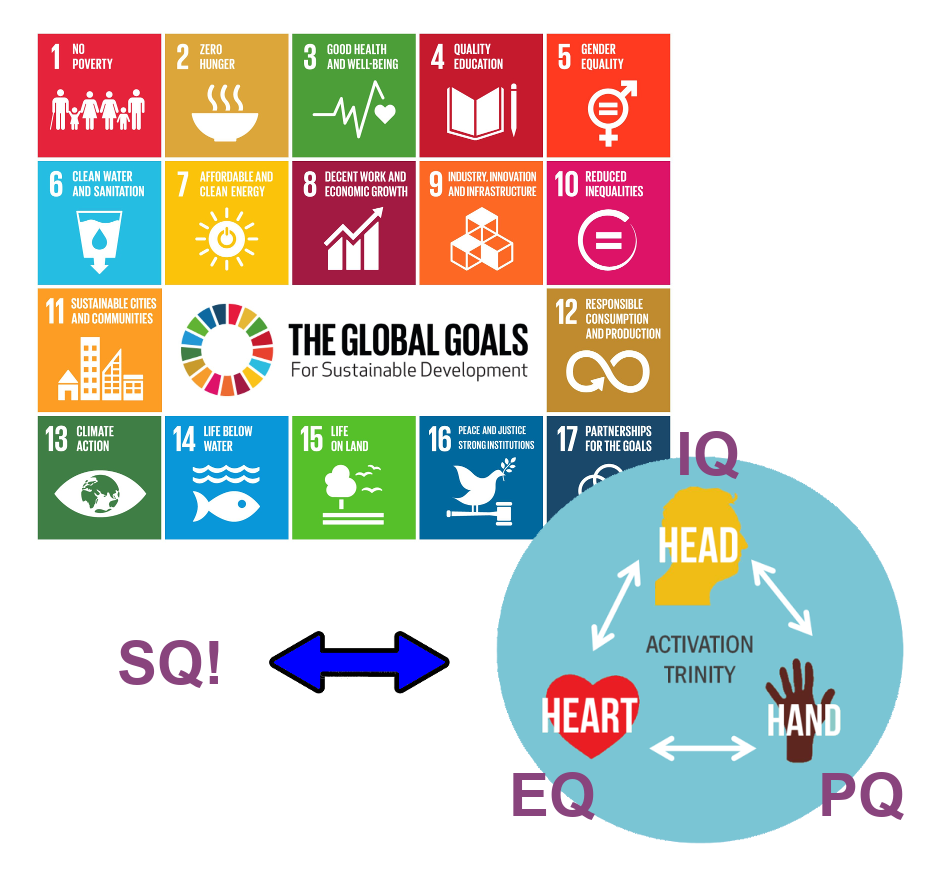
My personal motto reveals my attitude towards these challenges and resonates with an African pro-verb: ‘if you want to go fast, go alone; if you want to come far, go together’. As a business professor I want to help in particular companies to develop the right approaches to meet major societal challenges together with other societal stakeholders. There is no alternative.
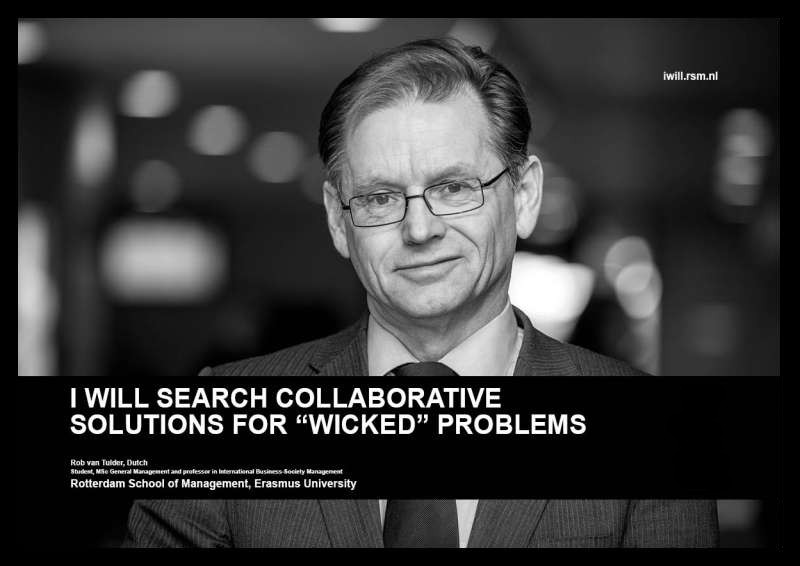
Four Key Projects
Over the past twenty years, four major projects materialized that I have made serious contributions to – often together with colleagues and very often also with students – in a variety of ways (see the publications):
The wide variety of topics that I have covered over more than three decades, not always resonated in society or in the scientific community. One can identify many reasons why this happened – timing issues, specialization trend in science, bureaucracy, my own incompetence. But it is my conviction, that especially at this juncture of time the combined insights created by these four themes create relevant contributions to the fundamental challenges that we are facing.
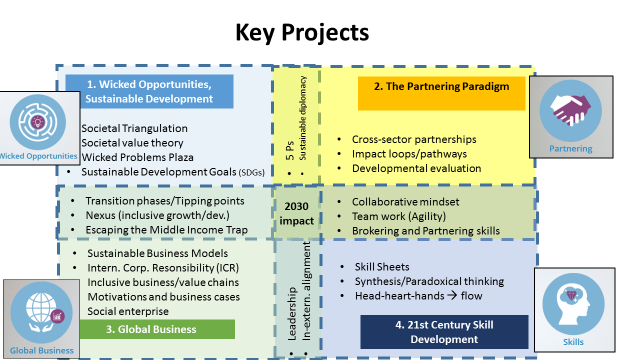
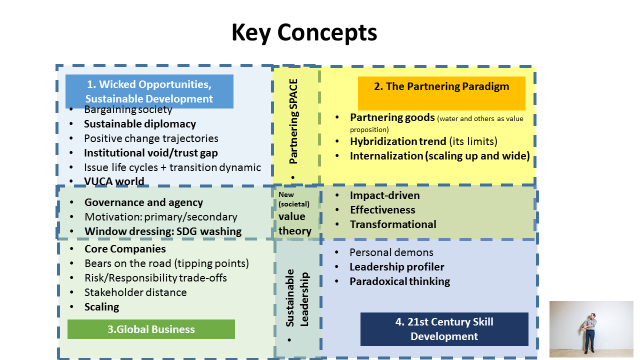
The creation of this personal website, triggered me to consider how these themes relate, even overlap, as well as consider how I can make sure that the insights gathered over the years can be made available to whoever is interested in them. Each theme covers six sub-categories to navigate you to relevant insights. This is work in progress, so not all items are equally well covered.
PhilosophyMy main thoughts on this particular project. | |
BooksAccess to books produced over time (the Publications page gives a year-by-year overview). | |
ArticlesSelected articles about the project (more articles can be found on the Publications page). | |
MOOCsVideos that I have made over the years on specific topics. | |
Tools & Teaching MaterialsAccess to a number of on-line tools developed for practitioners, as well as present results of in-class teaching efforts (for instance posters on complex issues). | |
CommunityInitiatives with alumni, scholars and practitioners to further co-created relevant insights. |